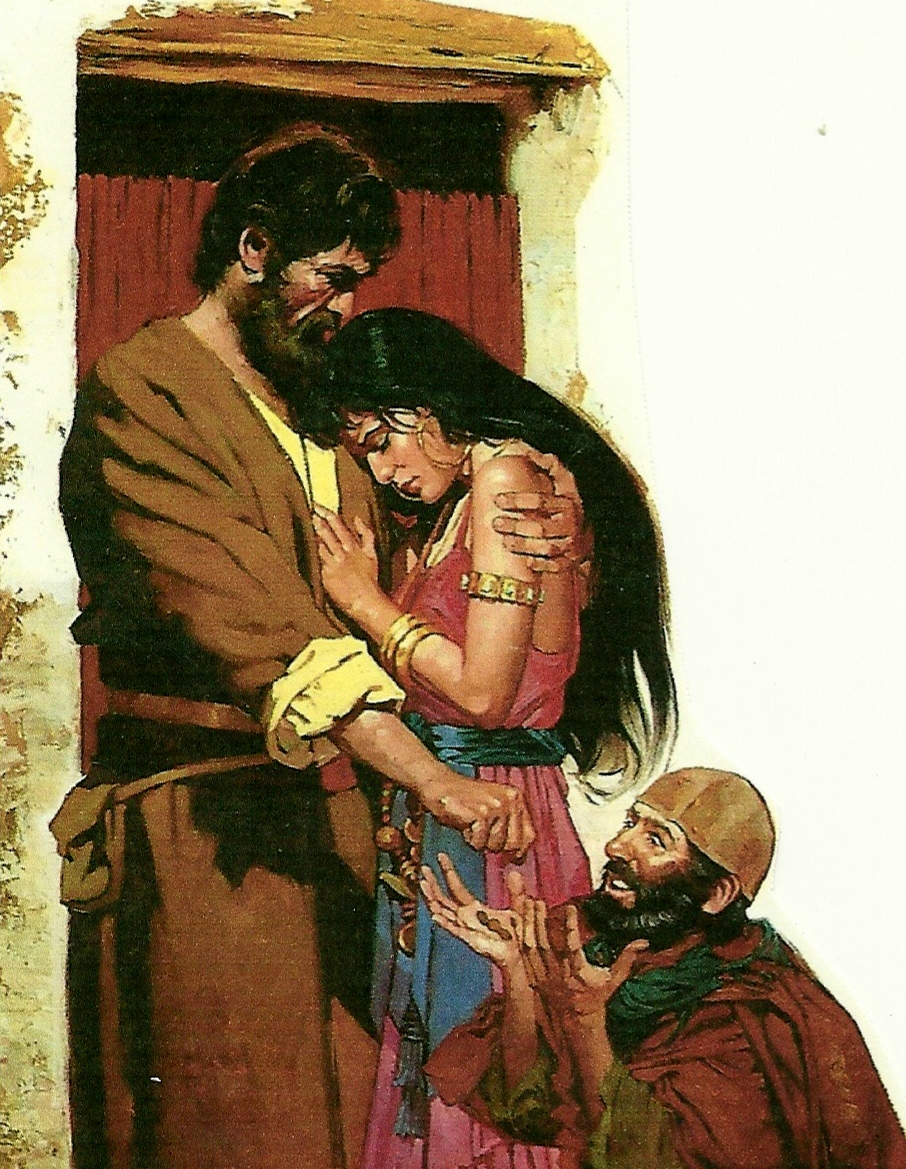
The book of Hosea is divided into two unequal sections: The first (Chapters 1–3) uses the relationship between Hosea and Gomer, to set the stage
for the second (Chapters 4–14), which deals with God’s complaint against Israel and the coming judgment. In the first, we have the faithful prophet and the faithless bride; in the second, we see the faithful God and faithless Israel.
The theme of the book is the loyal love of God for idolatrous Israel, and the power of His redemption and forgiveness to transform her into His beloved bride.
Gene Cunningham - June 9, 2003
Ephesians #11

Scripture References: Ephesians 2:14-18, Ephesians 2:11-22, Isaiah 57:19, Ephesians 2:1-10, Philippians 4:6-7, Romans 5:1, Ephesians 2:14, Ephesians 2:19-22, Ephesians 2:13, Matthew 18:12-24, Philippians 3:20
From Series: "Ephesians"
More than any book Ephesians reveals the blessings from God based on our relationship with Jesus Christ by grace through faith. Eph 1:3 is the a key verse. Other key verses by chapter include Eph 2:8 Eph 3:19 Eph 4:1 Eph 5:18 and Eph 6:10-11.

